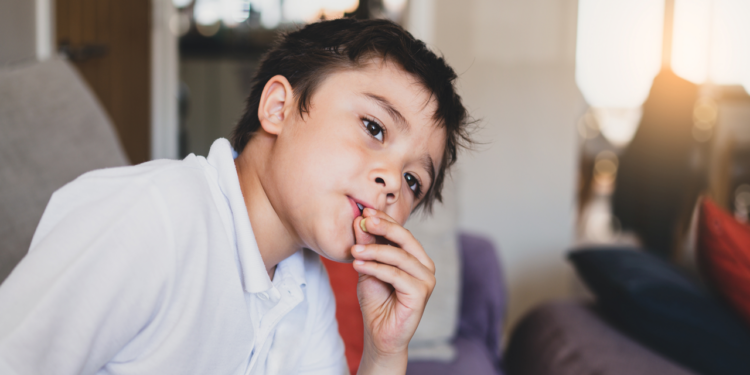Just like adults, children can react to divorce stress in different ways, so it’s natural that your kids will feel a little anxious at this difficult time. Their age may impact how they manage stress. They can be apprehensive about moving to a new home or school or about how the holidays will be celebrated in two houses. During this time, anxiety related to regular pressures like passing tests might also get worse. The good news is that you can ease your child’s post-divorce anxiety and alleviate some of the burden. The following strategies for reducing kids’ anxiety after a divorce can prove really reinvigorating and rejuvenating to raise your kids’ spirits high:
Stress-Relieving Activities: Keep Your Children Active
Encourage your kids to engage in the stress-relieving activities that you require for yourself. Make sure your children engage in regular physical activity so they can benefit physiologically from things like an increase in endorphins and a decrease in anxiety. Engaging in after-school or community sports programs or taking dancing classes on a regular basis might help children divert their attention from stressful situations like divorce and other anxiety-inducing situations. Frequent exercise doesn’t have to be expensive. Spending time together is a terrific method of checking in with your child, as it provides an opportunity to chat about what’s causing them worry.
Keep Kids Out of Heated Arguments with Ex-spouse
There are times throughout the most amicable divorces when the soon-to-be ex-spouses cannot agree. You can feel the tension even when there isn’t an argument. Try your best to keep the conversation with your ex-partner out of your children’s eyes if you need to have a falling out. Never send your youngster as an ambassador or go-between. A child’s anxiety may rise as a result of feeling trapped in the middle of parental dispute. You may simplify things even after the divorce by keeping conflict out of sight. Even together, parents can cause a great deal of anxiety in their children if they show a lot of dispute. If there is disagreement, ensure your kids receive a lot of emotional support afterward.
Engage Your Kids in Open Discussion
Kids may occasionally be reluctant to discuss how the divorce is affecting them out of concern that it may worsen the situation or get them into trouble. Ensure they understand that you value their well-being and that your door is always open. Please make sure the children realize that they are not to blame for the divorce; otherwise, they could absorb the feelings and behaviors they saw and come to regret the split. Assist them in expressing their sentiments and let them know that it’s acceptable to experience a wide range of emotions, including happiness. If kids understand that it’s okay to feel or not feel a certain way, whatever that may be, their anxiety will decrease. Even if the response is “I don’t know yet,” you should still try to be ready for their inquiries regarding where they’ll reside and how the divorce might affect their daily routine. You can reassure them that you are working on all the answers for them and your former husband.
Performance Anxiety During Studies
Many children already experience performance anxiety when taking tests, and the stress of a divorce might make it worse. They may suffer significantly from fear of failing, especially when they are more concerned with disappointing you. Higher-stakes tests, like final exams, can be even worse. The secret is to prepare. Have a conversation with your children to ensure that you are not committing some of the most typical test-day errors, such as failing to thoroughly read instructions. Getting your kids ready for the test and ensuring they receive a great night’s sleep and breakfast will help them prepare mentally. Tell them you will still adore them even if they don’t meet your expectations. Knowing you are there for them will help them feel less pressured.
Discuss living arrangements
Should your divorce entail joint custody, your child can experience some unease about having two homes. Aside from the significant changes in the family structure, they might also be adjusting to a new room, house, or area. Engage your youngster in conversations regarding the new living arrangements whenever you can. Allow them to participate in the décor of their new bedroom, helping to personalize it with paint colors and new comforter selections. Ensure they have a few familiar items in the new area, either permanently or in a bag they may carry around. Staying in two locations will eventually lead to a new form of stability, mainly if you assist in establishing a routine and sense of regularity.
A child’s sense of security is significantly disrupted by divorce; reassuring them that you wish to minimize this disruption will help them regain some stability. It can ease their anxiety during times when it seems to be intensifying for them to know that you are a continual source of support.











